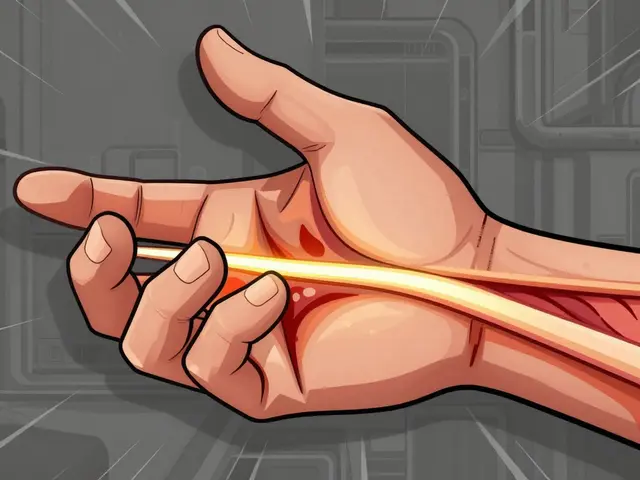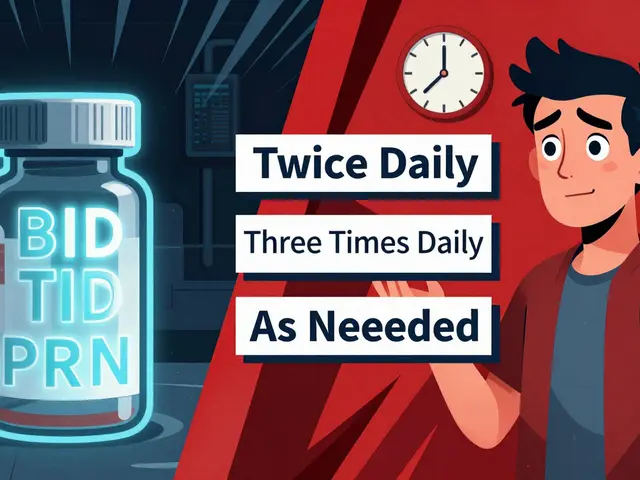Sulfonamide Allergy: What You Need to Know About Reactions and Safe Alternatives
When your body reacts badly to sulfonamide, a class of antibiotics that includes sulfa drugs like sulfamethoxazole and trimethoprim-sulfamethoxazole. Also known as sulfa allergy, it’s one of the most commonly reported drug allergies in the U.S. This isn’t just a rash—it can mean serious skin reactions, breathing trouble, or even organ damage. Many people think they’re allergic to all antibiotics because they had a reaction to one sulfa drug, but that’s not always true. Understanding what actually triggers your reaction is the first step to staying safe.
Not all drugs with "sulfa" in the name cause the same reaction. For example, some diabetes pills like glimepiride or diuretics like furosemide contain a sulfonamide group but rarely trigger allergies in people who react to antibiotic sulfa drugs. That’s why it’s crucial to know the difference between antibiotic sulfa drugs, used to treat infections like UTIs and bronchitis and non-antibiotic sulfonamides, used in pills for diabetes, high blood pressure, or swelling. If you’ve had a true sulfonamide allergy, your doctor needs to know which type you reacted to—because it changes your options.
Common signs of a sulfonamide allergy include skin rashes, hives, fever, and swelling. In rare cases, it leads to life-threatening conditions like Stevens-Johnson syndrome or toxic epidermal necrolysis. If you’ve ever had a severe reaction, you should carry a medical alert card. But if your reaction was mild, like a light rash that went away after stopping the drug, you might still be able to use certain sulfa drugs under supervision. Testing isn’t routine, so your doctor will rely on your history and known cross-reactions.
When you can’t use sulfa drugs, there are plenty of alternatives. For urinary tract infections, nitrofurantoin or fosfomycin are often used. For pneumonia or sinus infections, doxycycline or macrolides like azithromycin work well. Even for conditions like acne or rosacea, where sulfonamides are sometimes prescribed, there are other topical or oral options. The key is to work with your doctor to find the right fit—because avoiding all sulfa drugs without knowing why could mean missing out on effective, safe treatments.
What you’ll find in the posts below are real-world guides from people who’ve dealt with drug reactions, side effects, and medication switches. You’ll see how patients manage allergies to common prescriptions, what alternatives doctors recommend, and how food, other meds, or underlying conditions can change how your body responds. No fluff. Just clear, practical info to help you avoid the next bad reaction and stay in control of your health.





